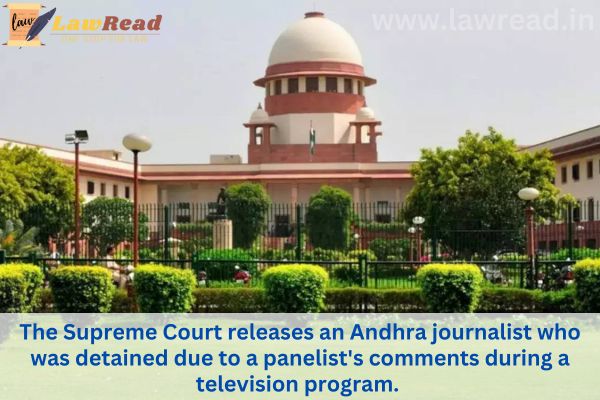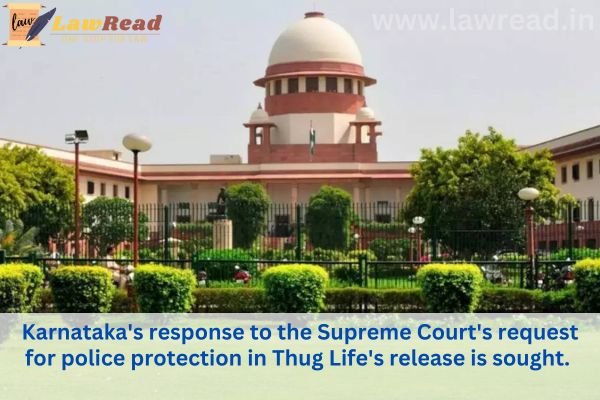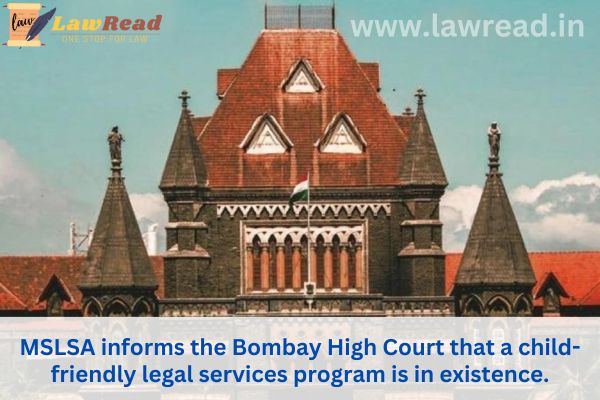News
The judiciary's credibility will be damaged by inconsistent rulings from the same bench: Supreme Court
The Court was considering an appeal contesting a Karnataka High Court ruling in a criminal case involving a marriage.
.jpg)
According to the Supreme Court's observation on Tuesday, inconsistent rulings from various court benches undermine public confidence in the legal system and turn litigation into a gamble.
A case of matrimonial cruelty was being handled by the bench of Justices PS Narasimha and Joymalya Bagchi. In this case, a Karnataka High Court bench had dismissed criminal charges against the husband, but a subordinate bench had allowed the case against some in-laws to proceed.
When the High Court invalidated the proceedings against the husband, it did not cite the earlier ruling that refused to quash the actions against some of the in-laws, which the top court considered odd.
The Court further stated that the judge had an obligation to consult the previous ruling of the co-ordinate bench and separate the rationale behind it in order to reach a different result.
"Judicial discipline and propriety are violated when this isn't done. A responsible judiciary is characterized by consistent judicial decisions. Conflicting rulings from several benches erode public confidence and turn litigation into a gambling game. It leads to a number of nefarious, shrewd behaviors, such as forum shopping, which sabotage the impartial administration of justice. It emphasized that the contested order is susceptible to being overturned on this point as well since it suffers from the vice of judicial caprice and arbitrariness.
The decision was made in response to an appeal filed by the complainant-wife, whose case against her husband under Section 498A and other Indian Penal Code (IPC) provisions was dismissed by the High Court in 2024.
The pair has two kids and was married in 2012. The case was registered after she and other family members were allegedly beaten by her in-laws at her parent's house in 2020.
After that, the woman's in-laws petitioned the High Court, which allowed the case to proceed against other in-laws but dismissed the proceedings against the septuagenarian parents-in-law.
The proceedings against the spouse were annulled by a co-ordinate bench when he later appealed to the High Court. The top court was then shifted by the woman.
The top court expressed disapproval of the High Court's conflicting rulings, saying,
"The current situation presents an unsettling image. The medical certificate was not consistent with the allegations in the complaint, meaning the wound certificate does not prove the injuries were caused by a blunt weapon. However, another judge, by the contested order, quashed the proceeding against the respondent-husband, while another judge refused to quash the proceeding against the in-laws, citing among other reasons that the wound certificate showed the appellant was assaulted and suffered simple injuries.
After considering the merits of the appeal, the court concluded that the judge who dismissed the husband's case had committed a legal error by investigating the veracity of the charges in the FIR/Chargesheet.
"The judge concluded that the accusations are false after comparing the type of assault detailed in the FIR with the wound certificate. It noted that the judge had engaged in a mini-trial in order to stop the proceeding, which is illegal.
In this regard, the highest court underlined that it has consistently prohibited the High Courts from using its inherent authority to stop criminal proceedings by holding a "mini trial."
The apex court disagreed with the High Court's conclusions, concluding that the wound certificate and a neighbor's account corroborated the woman's husband and other in-laws' alleged attack and flinging of chilli powder.
Therefore, the Court ruled that the High Court could not have annulled the proceedings because there was not insufficient legal evidence.
"The judge argued for quashing, noting that it was unclear from the charges who had carried out the assault and that the prosecution during the pending matrimonial suit was nothing more than a misuse of the court's process. It further stated, "These grounds are equally untenable."
Furthermore, because the divorce court was still hearing cases, the Court chastised the High Court for concluding that the procedures were malicious and a misuse of the legal system.
"Matrimonial conflicts would inevitably lead to crimes involving cruelty to the wife. Therefore, it stated that the continuation of a matrimonial procedure between the parties cannot in and of itself imply that the initiation of a criminal case alleging assault backed by independent witnesses and medical evidence is the result of malice and judicial abuse.
As a result, the court reinstated the case against the husband and overturned the High Court's ruling.
The appellant-wife was represented by attorneys Rudrali Patil, Shaantanu Devansh, Suhas Hosamani, Rushika Patil, Sabeel Ahmed, and Anshuman.
The State was represented by advocate DL Chidananda.
Senior Advocate Anand Sanjay M. Nuli with advocates Suraj Kaushik and Abhishek Kanyalur The respondent-husband was represented by Nanda Kumar K B, Akhila Wali, and Akash Kukreja of Nuli & Nuli.












